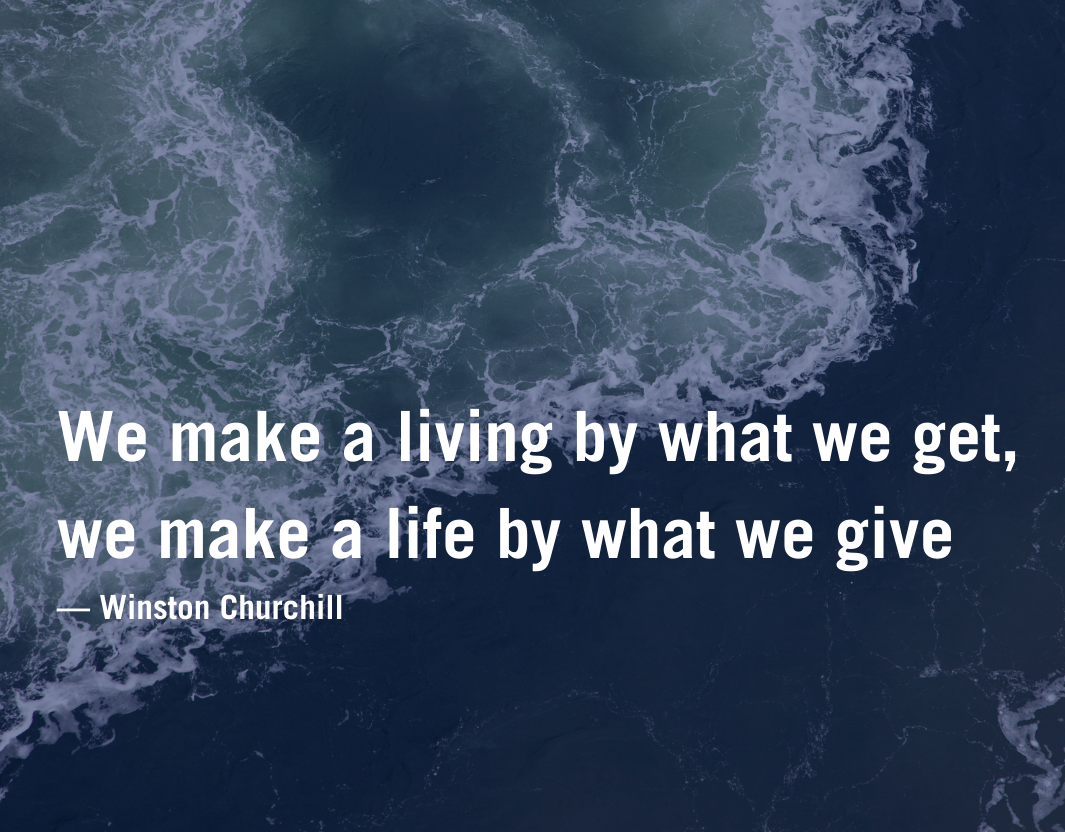Someone has asked me to be their mentor. What now?
It is both humbling and daunting when someone asks you to be their mentor, however agreeing to take on a mentee shouldn’t be a snap decision.
I originally fell into my first mentoring role many years ago, at that time I didn’t understand why mentoring matters and what a mentor and mentee relationship should look like. So, my advice is before you decide to donate time to someone as a mentor, make sure you know the answers to the following questions:
Why does mentoring matter?
The mentorship experience is a powerful and transformative one for the mentee and the mentor alike. Being able to pay it forward by helping a mentee find their place and purpose is incredibly rewarding and mentors are often completely changed by the experience, for the better. Being a mentor allows you to flex professional and personal prowess, boosting your confidence, but also you hone skills and professional abilities by seeking dynamic ways to relay knowledge to your mentee. Not only are they more engaged in their work, but they are also more likely to be promoted ? a whopping 6 times more likely!
That being said, you should only engage in mentoring for the right reasons. A mentoring role should be as naturally occurring as possible. Mentorship is about the relationship, or the bond. Being a mentor has to stem from a deep desire to help others and a passion for adding value to someone’s life, other than your own.
What will I do as a mentor?
A mentoring role can be varied, but most often you will be providing career-oriented support in terms of critical feedback. Sometimes your mentee may need to be reassured and emotionally supported from time to time. If you’re not a fan of mushy feelings, this might not be the role for you.
- You may also be required to assess where your mentee is in terms of their career trajectory and provide them with solid suggestions, or an action plan, to get them to where they want to be;
- You will need to help them identify professional contacts and resources;
- You will have to dedicate your time to helping them set SMART goals, and track how they are making strides towards achieving those goals
- You would need to ensure that you are setting a positive example for your mentee as their role model.
Am I ready to commit to being a mentor?
At the end of the day, most of us don’t need another task added to our daily checklist, so switch up your perspective. Focus on integrating mentoring into your current routine instead of building it on top of your already full schedule. You could grab a cup of coffee, or a quick lunch, with them. Everyone’s got to eat, right? You don’t have to be out and about with them every single day, but you could find a way to incorporate it into your weekly routine. I find that having a specific mentoring time slot in my calendar is the best way to go. However if you’re hesitant or it’s simply not a good time, be honest. Will a mentorship interfere with time you hoped to devote to your work, family, or personal life? If the answer is yes, maybe right now is not a good time to be a mentor.
Ultimately being a mentor, and having a mentor, puts you in a better position to feel a sense of fulfillment in your career as well as in a better position to level up at a faster rate than your peers. However, mentoring works best when it is a mutually beneficial relationship; built on humility, kindness, patience, and generosity. Think of it as a way of investing in the future ? perhaps the future of your company, your community, or the world.
What questions do you have about mentoring, let’s start a conversation in the comments!
